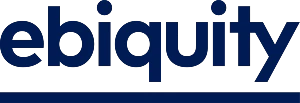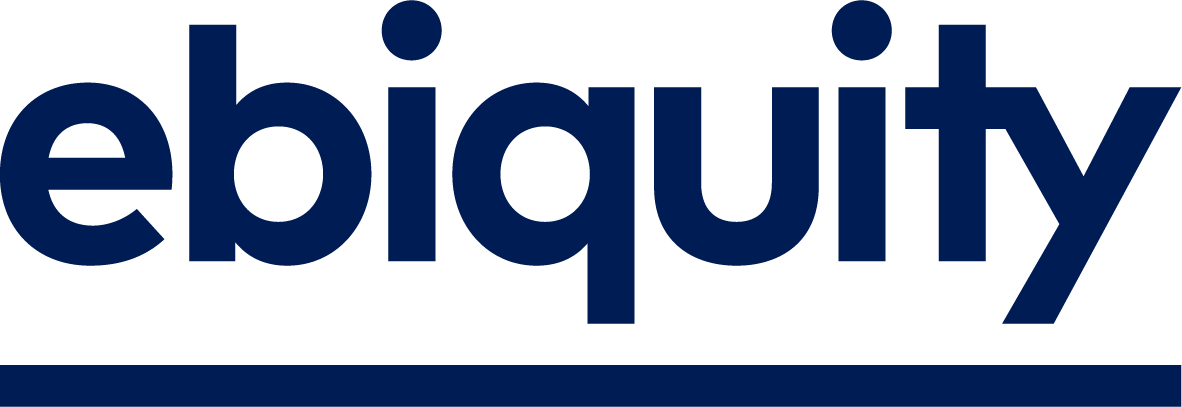As the world changes and business evolve to overcome the obstacles they face across all sectors of society, Debbie Morrison, Ebiquity’s managing director for global partnerships and events, offers her take on what marketers and business leaders should be thinking about.
It’s challenging enough at the best and most normal of times to create marketing content that’s compelling, differentiated, and useful, but in the past three months of lockdown – under the first truly global pandemic in the age of globalisation – this has become more difficult. This is in part because there are just so many unknowns about the duration, impact, and fundamental changes that coronavirus may bring to the world in general, and to the world of brands and marketing in particular.
In part, this is because, with many more of us in the knowledge economy working from home online, more of us have had the opportunity, time, and scope to become not only content consumers but also content creators. Nevertheless, when grazing online, from LinkedIn to blog sites, it can sometimes feel like it’s a case of “content, content everywhere, but ne’er a drop to drink”.
It’s a natural and understandable human trait to try to understand what’s happening in our environment, to make sense of what it means to us and those around us, and to navigate a path through it that yields minimum damage and maximum return. In the case of Covid-19, however, there’s no playbook to refer to. Historical precedents don’t exist. Personally, in my lengthy career in the marketing business, I’ve passed through a number of devastating financial recessions. But this is so different. This time many people have lost their lives. And while some elements of 2020 do follow a pattern (like the recession we’re all about to experience) too much of the guidance we’ve all been exposed to since March has been guesswork at best; we are all in “test, learn, and experiment” mode. I personally often feel guilty about keeping business-calm and carrying on in the face of the grim human toll of this pandemic.
The one thing that is certain is that all businesses and everyone in the world of work will have to change if they are to recover and grow. Changes will range from wholesale digital transformation to prolonged social distancing, from the quick demise of cash to a fundamental reappraisal of what jobs and professions truly count as “essential”. The pandemic is forcing change because the status quo is no longer tenable. It is a catalyst and crucible for high-speed innovation unlike anything we’ve seen before. Added to this, during the pandemic the Black Lives Matter campaign has focused long-overdue attention on racial equality with unprecedented intensity and impact. This will require brands – in both their communications and their institutional structures – to factor in ethnic diversity at the same time, some for the first time openly and publicly.
To contribute helpfully and meaningfully to change, I’ve observed over recent months that there are a handful of important principles that individuals and companies need to stick to. Here are three that I believe will be most useful in the months ahead.
Test, learn, and pivot
As we’re all learning in accelerated real-time what it means to live, work, and adapt under pandemic conditions, the spirit of experimentation is vital. Severe trading restrictions and curbs on civil liberties we’ve taken for granted for generations are now necessary to flatten the curve and contain the virus. This also means that how businesses pivot and adapt their business models may not be able to be informed by in-depth research.
What you thought you knew yesterday may well not apply today. This requires the willingness to test and learn rapidly. If something works well, develop it at scale; if it doesn’t, understand that quickly and move on to the next plan. There has never been a better time to fail fast – but equally, it’s never been more important to succeed fast, too.
Cooperate, collaborate, and share
In my 18 months at Ebiquity, I’ve helped to establish a number of different collaborative and cooperative groups of advertisers and brands – from our client council to a media management procurement forum. Groups of like-minded peers get together before March in person and since March virtually to share experiences generously and in the spirit of cooperation and collaboration.
The pandemic makes these kinds of groupings and loose affiliations more important yet. We’re helping to facilitate the sharing of experiences and approaches – from innovation and evolution to leading teams online – in a non-competitive way helps everyone and disadvantages no-one.
Since March, we’ve increased the quantity and, I’d argue, the quality of what we share, with full and open access to the marketing communications community. Some of what we’re sharing comes from our own experts, some come from our clients and some come from our partners, who do and know smart things that we don’t but that can be of benefit to all.
We’ve also changed how we share information, and in a very real sense, we’ve become a broadcaster of video content. Every viewpoint paper or guide we share as we always did – as downloadable, snackable, PDF content. We then support that with a webinar, which we’ll broadcast a couple of times live to reach clients and collaborators in different time zones. Then we’ll make it available for the indefinite future for those who couldn’t join us when it was broadcast. I’m no expert in running webinars, but I’m approaching them in a very open, human, and honest way – and learning fast.
Our most recent initiative in this area involves the establishment of a Recovery and Growth Forum that we’ve developed with ISBA. This gathering of senior marketers from the country’s and the world’s leading advertisers will meet regularly and share experiences openly so that everyone can benefit from this renewed spirit of collaboration. Not all businesses are impacted equally – contrast entertainment and hospitality with food and pharmacy retail for instance – but what a supermarket has learned in Q2 may be invaluable for a pub or restaurant chain in Q4. Peers helping peers through platforms like this new forum we’re running with ISBA can play a part in fostering recovery and stimulating growth in the months and quarters ahead.
Above all, be human
The myth that working from home panders to slackers has been fundamentally busted by coronavirus. The seasoned working-from-home brigade have known for years how much can be done outside the often-distracted bustle of the office. I’ve been working at least 40% of my time from home for 20 years.
The challenge is, in a world where there’s so little diversion – no cinema or theatre, no restaurants or pubs, no live sport, no chance to welcome friends and family into your home – it’s all too easy for work to take over. There are already reports of many knowledge economy workers suffering a range of overwork symptoms, from the ubiquitous Zoom fatigue to total burnout.
Leaders, it transpires, don’t need to encourage their teams to work. They need to encourage them not to work. To take regular breaks away from the video conference screen. To move around during the working day.
And to vary their modes of communication. It’s incredible how intimate, different, and productive a good old-fashioned phone call can be, particularly when many of our lives are now back-to-back to back Zoom and Teams and Skype meetings.
As we adapt to new ways of working – ways of working that are likely to remain keynotes of how we do business for months and years to come – it’s vital that businesses limit the unintended consequences of stress and unreasonable overload. And that means, above all, being human, and it includes ensuring that our teams take meaningful, recuperative time away from their screens.
We’re all change managers, now
As lockdown starts to ease across the world, albeit at very different rates in response to the radically different impacts Covid-19 has had in different countries, it’s clear that a critical part of everyone’s job now is change management. While there are still a huge number of unknown unknowns in the short and medium-term, it’s remarkable how innovative, creative, collaborative, and human so many have been in three short months.
As we move from coping to rebuilding mode, we’ll need to work hard to carry on sharing knowledge and experiences for everyone’s benefit. It’s not that competitive advantage or corporate and brand differentiators have suddenly disappeared. Equally, it’s clear that we can all pivot and change with more impact if we do so together rather than in isolation.
This article was featured in The Drum.
First featured 23/06/2020.



